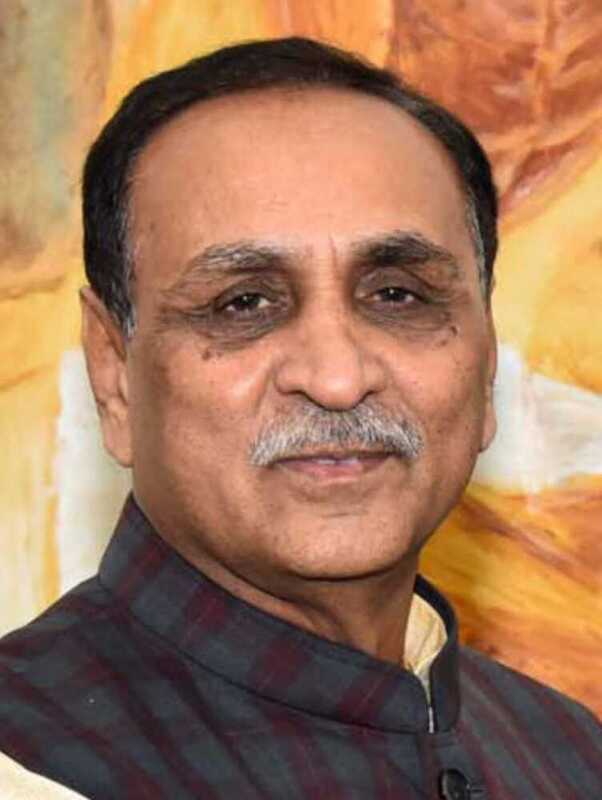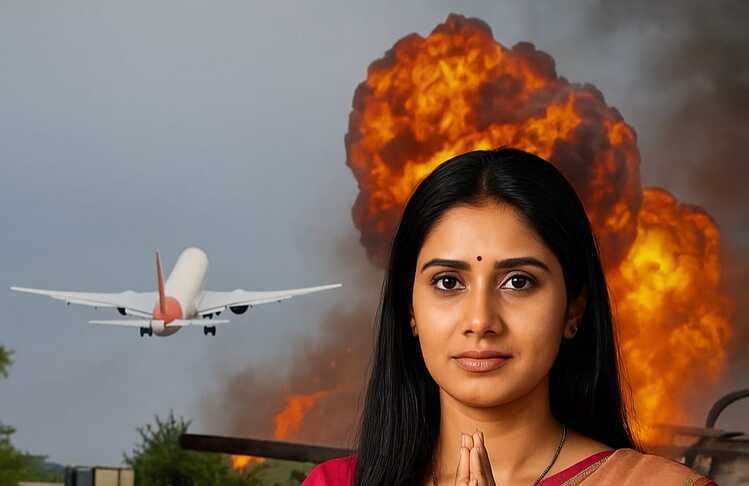Sharmistha’s Astrology Claims Spark Outrage Amid Air India Tragedy
Article Today, Hyderabad:
As the nation grieves the catastrophic Air India plane crash in Ahmedabad, astrologer Sharmistha has come under severe criticism for her insensitive remarks. While the country mourns the loss of 241 lives, her astrology claim that she had foreseen the tragedy has provoked nationwide anger. Many believe she is using the disaster for personal publicity, raising ethical concerns about her conduct.
Public Outrage Over Questionable Claims
Sharmistha’s comments have ignited public fury. Citizens are questioning whether she genuinely predicted the event or is opportunistically exploiting the calamity. Instead of expressing condolences, she appeared to take satisfaction in the accuracy of her prediction, which has been widely condemned as inhumane.
Astrology, ideally, should aim to warn and prevent future dangers. If Sharmistha truly anticipated the crash, why did she not alert authorities to potentially save the aircraft and its passengers? This glaring contradiction has intensified public criticism.
The Social Media Backlash
The controversy escalated after an old tweet by Sharmistha dated June 5 resurfaced. In it, she vaguely mentioned that 2025 could witness aviation-related mishaps due to planetary transitions. However, her statement lacked clarity and actionable detail.
Following the June 12th 2025 crash in Ahmedabad, she linked the accident to her prior prediction, suggesting it had come true. Social media users swiftly condemned her for what they saw as a display of insensitivity. While a few supporters praised her, most netizens accused her of misusing the tragedy for attention.
Astrology Versus Scientific Understanding
Modern science has consistently challenged astrology’s credibility. Research studies, including those by scientist Shawn Carlson, have found that astrological predictions often amount to random guesses. The psychological tendency known as the “Barnum Effect” explains why people perceive vague astrological statements as personally accurate. In Sharmistha’s case, her broad prediction about safety lapses in aviation was neither specific nor verifiable. Experts argue that such ambiguous forecasts are of no practical value and offer no preventive benefit.

The Curious Case of a ‘Lucky Number’
Adding to the public intrigue is a striking coincidence related to former Gujarat Chief Minister Vijay Rupani, who was among those who perished in the crash. His personal ‘lucky number’ was 1206 — the number he used on all his vehicles, including his earliest scooters. Uncannily, the date of the tragedy was June 12, 2025 — or 12/06. What had once been his symbol of fortune became the date of his final journey, leaving many to reflect on the strange interplay between coincidence and fate.
Ethical Questions on Astrology’s Role
This tragedy has rekindled debate about astrology’s role and ethical boundaries. Should astrologers offer precise warnings if they foresee disasters? Can vague predictions made after the fact be considered credible? And crucially, is it morally acceptable to use national tragedies as proof of personal foresight?
As the nation continues to mourn the lives lost in the crash, public sentiment remains firm: human suffering must never be used as a platform for self-promotion. Sharmistha’s behavior has ignited necessary conversations about the responsibility that comes with making public predictions.



